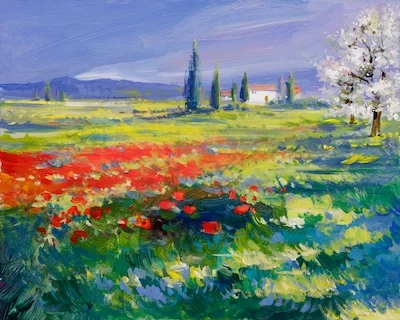HONG WO 同和
to
Richmond Art Gallery 180-7700 Minoru Gate, Richmond, British Columbia V6Y 1R9

“Interior of Hong Wo Store with customers,” no date
photograph (City of Richmond Archives, accession 1987 22 179)
Hong Wo & Co. General Merchants and its owner Ling Lam have a rich history that intersects with the development of Richmond. In the late nineteenth century, Ling Lam, a young immigrant from China, arrived in Victoria. At this time, the Chinese Immigration Act was in place, a discriminatory law requiring all migrants from China to pay a head tax in order to enter Canada. Despite such barriers, Lam soon moved to Vancouver, where he studied English and worked in local canneries. In 1895, Lam purchased property in Steveston and opened the Hong Wo store, whose Chinese name 同和 means “Peace Together” or “Living in Harmony.”
The general store became a vital part of the Steveston waterfront community for nearly a century. Located at the foot of Trites Road and No.1 Road, the Hong Wo store was well-known for its varied stock of hardware, clothing, dry goods, and a variety of fresh produce, earning it the reputation of being Richmond’s first “supermarket.” Its unique location on the river allowed fishmen to tie up directly to the wharf to make their orders. With Lam’s innovative order system, they could use checklists to mark their grocery and hardware needs and have their orders filled promptly while they waited on board. This efficient and convenient method minimized their downtime and ensured they had all the necessary supplies, enhancing the popularity of the store among the fishing community.
Moving beyond retail, Lam expanded the business to farming, buying 100 acres for growing tomatoes, potatoes, beans, and cucumbers. After 1914, he became a contractor supplying Chinese labour to the Phoenix and Britannia Canneries located in Steveston. He constructed three bunkhouses near his general store to accommodate these workers, providing essential housing and facilities like a cookhouse with a large brick fireplace. This area became a central gathering place for Steveston’s Chinese workers, and was known for its colourful nightlife.
Ling Lam’s contributions extended beyond business; he was an active figure in Vancouver’s Chinese community, serving in leadership roles and founding associations. Lam’s efforts significantly impacted the local economy and social structure, and his death in 1939 marked a significant moment, with a well-attended funeral parade reflecting his influence on the community. After his death, his legacy was carried forward by his children, George Lam and Jessie Lam Ross, who continued running the Hong Wo store. Following more than 75 years of service to the Steveston community, the Hong Wo store was demolished in 1977. Its legacy remains a significant part of Richmond’s history.
Organized in tandem with FOODWAYS, the exhibition Hong Wo 同和 features a selection of archival documents, maps, photographs, and objects from the Collections of the City of Richmond Archives and the Richmond Museum. Presented in partnership with the City of Richmond Archives, the exhibition is on display at the Archives, located next door to Richmond Art Gallery.
Guest Curator: Mawenzhu Shi 史马文竹
Info

 Google
Google Yahoo
Yahoo Outlook
Outlook ical
ical